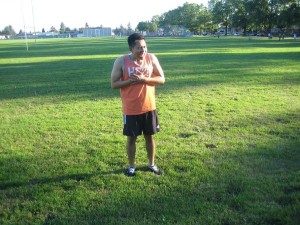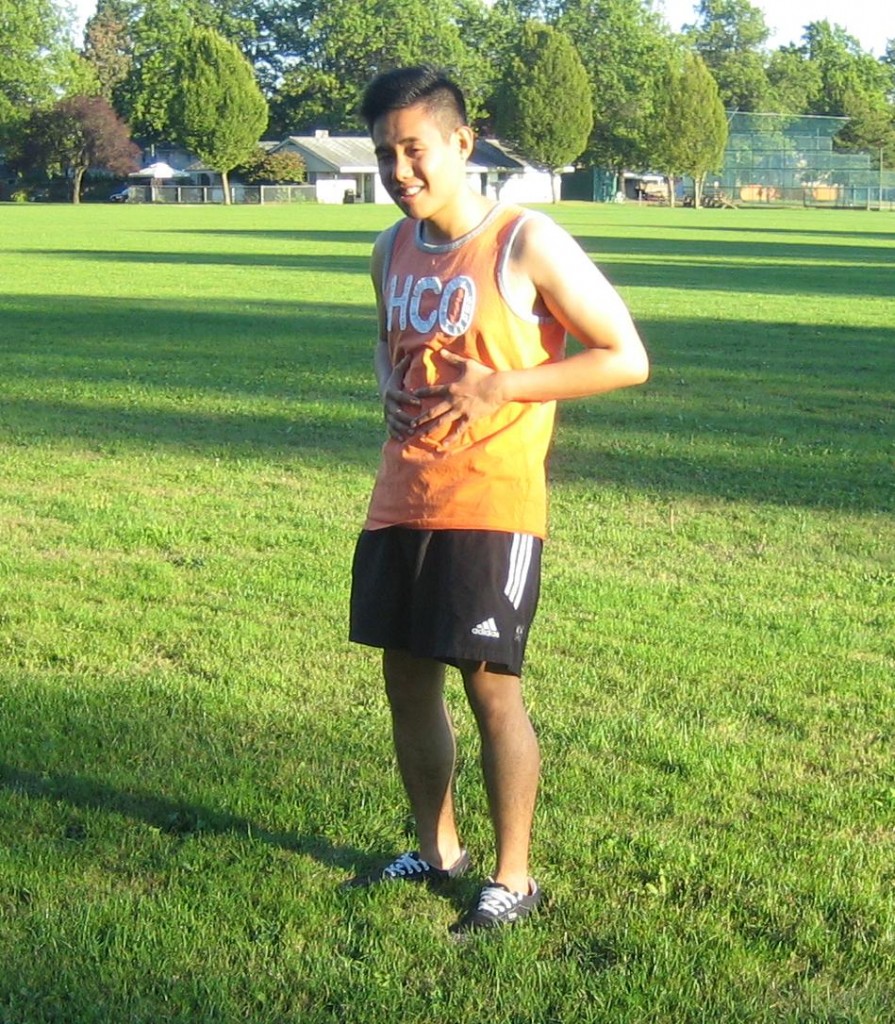Heart problems are quite distressing among those who have a stroke. If an individual had a stroke, both you and the doctor should be vigilant about the heart during the acute stage of the stroke, recovery and afterwards.
https://www.youtube.com/watch?v=Qdb4DmSFFB0
Common types of heart problems
There are various forms of heart problems that are commonly seen among those who suffered a stroke such as the following:
- Heart failure
- Myocardial infarction (heart attack)
- Cardiac arrhythmias especially atrial fibrillation
- Ventricular tachycardia
- Ventricular fibrillation
The heart problems linked with strokes might be triggered by the stroke itself or caused by the same underlying condition that instigated the stroke. It is important to note that the heart issue might occur first and the stroke results from it.

Once a stroke is complicated by heart problems, it is vital for the doctor to determine the cause-and-effect. This is essential so that an effective treatment can be started to hasten the recovery as well as prevent future problems in the future.
Heart attack
Some individuals 60 years or older who had stroke will also end up with a heart attack within 3 days of the stroke. Remember that it is not unusual for a heart attack to be rapidly followed by a stroke.
Since many individuals with an acute stroke might have a hard time perceiving or reporting the symptoms of a heart attack, the heart problem might be unnoticed. With this in mind, it is vital for the doctor to closely monitor a stroke victim for indications of cardiac ischemia. This involves daily ECGs during the initial few days and monitoring of the cardiac enzymes for indications of damage to the heart.
Heart failure
Stroke can also be linked with a new or worsening heart failure. A heart failure can develop if the stroke is accompanied by a heart attack. Additionally, the stroke itself can directly trigger weakening of the heart by generating a drastic increase in the level of adrenaline.
These changes can lead to evident cardiac ischemia even among those who do not have CAD. The damage due to this neurologically-mediated ischemia which is usually permanent is quite common among young, healthy individuals who have stroke due to subarachnoid hemorrhage.
Heart arrhythmias
Severe heart arrhythmias often manifest during the initial few days in some individuals who have been admitted for an acute stroke.
An arrhythmia frequently linked with stroke is atrial fibrillation which is responsible for more than half of stroke-related heart problems. Remember that life-threatening arrhythmias can also occur including cardiac arrest, and ventricular fibrillation.

